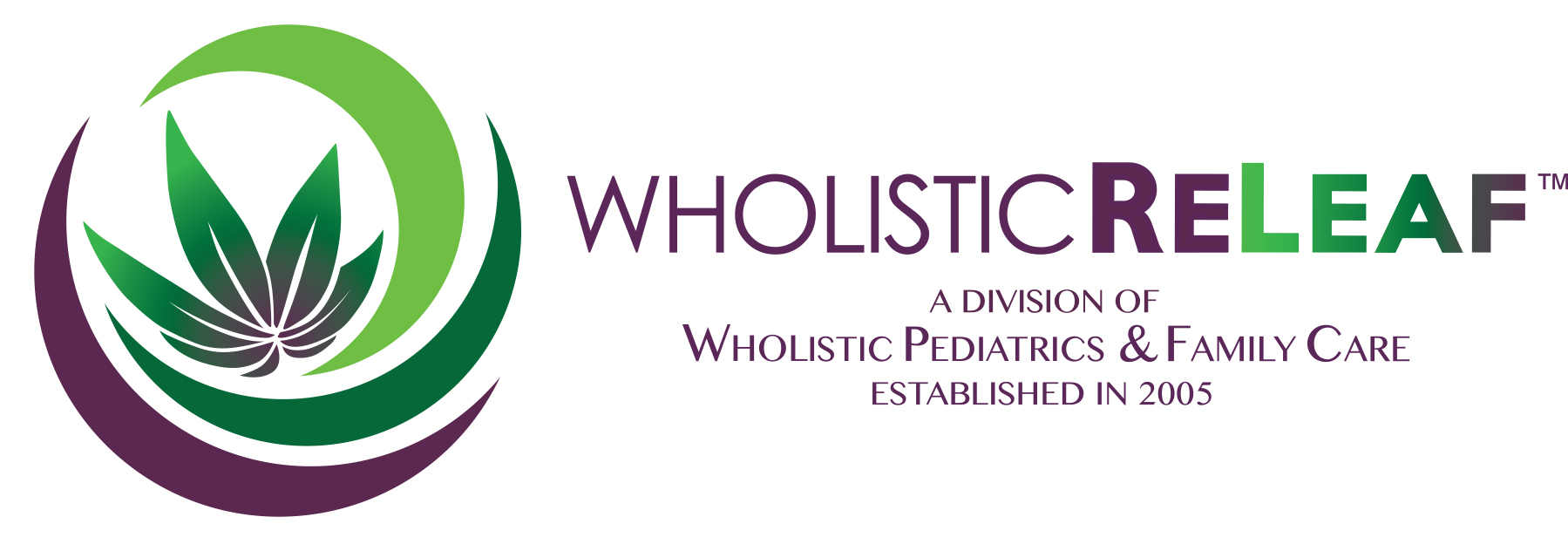The warmer weather of spring and summer is quickly approaching. Families will soon flock to beaches, pools, and lakes in search of a reprieve from the heat by swimming, boating, and other water activities. Seventy percent of planet Earth is water, so safety precautions for children and adults should be the utmost priority, especially in Florida.
Appropriate water safety precautions should be individualized and often reviewed for the many stages of life. Some of the most critical tips include the following:
SUPERVISION of young children around all bodies of water no matter how shallow (including the bathtub) should occur at all times.
BARRIERS such as gates or fences should be a minimum of 4 feet tall and surround the pool. Children are naturally drawn to the water, and the fence will protect them should they escape their caregiver’s sight. Remove all pool toys from and around the pool when not in use. If there are no enticing, colorful objects nearby, children will be less inclined to head to the water.
LESSONS for swimming technique and swimming survival is essential for young children and adults. Swimming survival classes teach the child how to exit the pool safely should they fall in or find themselves unable to touch the bottom. Lessons are usually available for young infants through adulthood in every community. Contact your local Red Cross or YMCA to begin your search. These organizations may also offer lessons at no cost at certain times of the year.
FLOTATION devices such as life jackets and safety flotation vests for infants and young children should be worn whenever boating. Adults should also wear them when riding on any water vehicle, such as a jet ski, no matter how strong of a swimmer they may be.
ALCOHOL or other mind-altering substances should be consumed by adults responsibly or not at all around the water because it could alter ones’ swimming skills, balance, and judgment in case of emergency.
EMERGENCY preparedness can empower families if an accidental drowning or injury around the water does occur. A first aid kit with wound cleansing solution and bandages should be kept on a boat or near any body of water in case an injury occurs. A charged cell phone or emergency radio could be helpful to call for assistance if an emergency were to happen. CPR education is an important skill to have should an emergency or drowning occur. The skills gained can allow family or a friend to participate in a life-saving intervention before medical emergency teams arrive on the scene.
Your family’s safety in and around the water is a top concern for the team at Wholistic Pediatrics and Family Care. Take proactive measures before heading to the water to reduce the risk of injury or death. If you have any questions, give us a call at (813) 960-3415.

